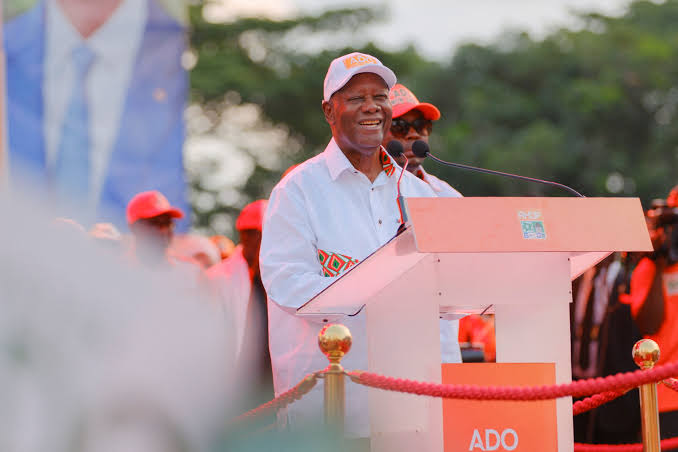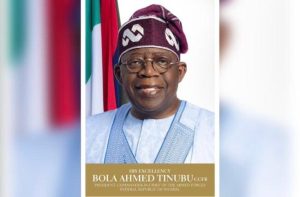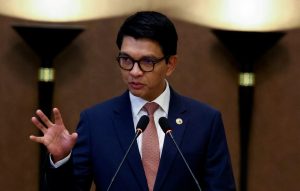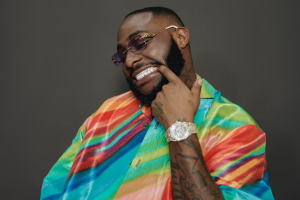Ivory Coast is holding its presidential election on Saturday, with President Alassane Ouattara widely expected to secure a fourth term. The 83-year-old leader has governed since 2011, steering the country’s recovery and establishing it as one of West Africa’s economic powerhouses.
Several prominent opposition figures, including former President Laurent Gbagbo and ex-Credit Suisse CEO Tidjane Thiam, were barred from running. Gbagbo is disqualified due to a criminal conviction, while Thiam was excluded for holding French nationality. Analysts say their absence makes a surprise outcome unlikely.
Nearly nine million Ivorians are eligible to vote between 8:00 am and 6:00 pm local time. Security forces totaling 44,000 personnel have been deployed nationwide, particularly in southern and western regions, to prevent unrest. Night-time curfews are in effect in some areas to avoid violence similar to the 2020 election, which left 85 people dead.
Opposition parties have criticized the election and encouraged protests. Sporadic clashes have occurred, resulting in four deaths. The government has responded with bans on demonstrations and legal action against those accused of disturbing public order.
Alongside Ouattara, four lesser-known candidates are contesting the election. Jean-Louis Billon, a former trade minister, hopes to rally supporters of his former party, the Democratic Party. Simone Ehivet Gbagbo, widow of Laurent Gbagbo, aims to attract votes from her husband’s base. Independent candidates Ahoua Don Mello and Henriette Lagou are also competing, targeting left-leaning and centrist voters, respectively.
Despite the opposition boycott, the ruling RHDP party expects strong turnout in northern regions, where Ouattara remains popular. Nearly 1,000 domestic observers and 251 from ECOWAS and the African Union are monitoring the vote. Results are expected early next week.



